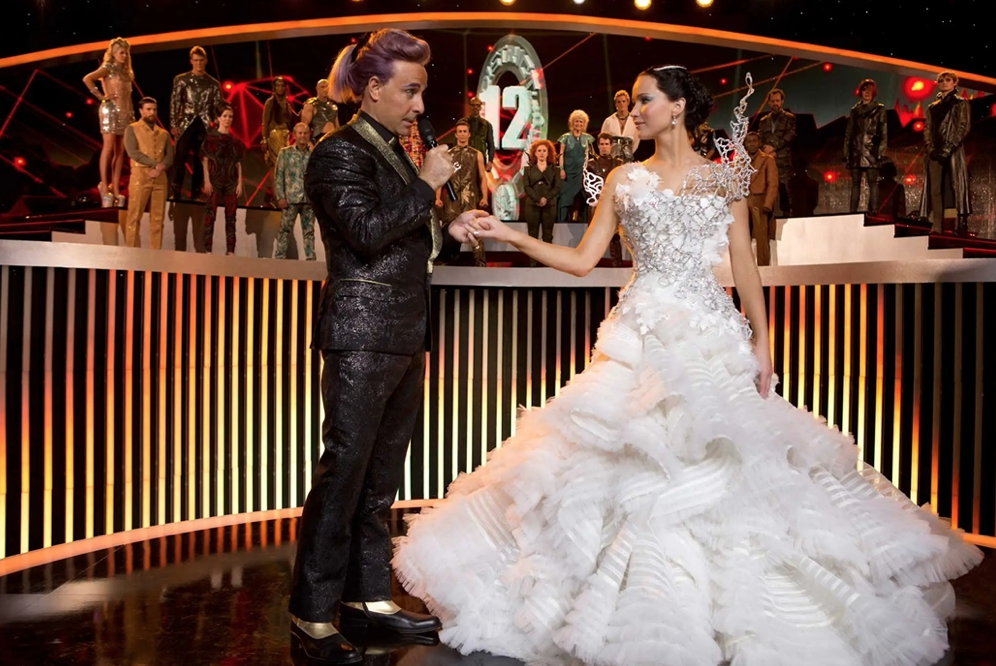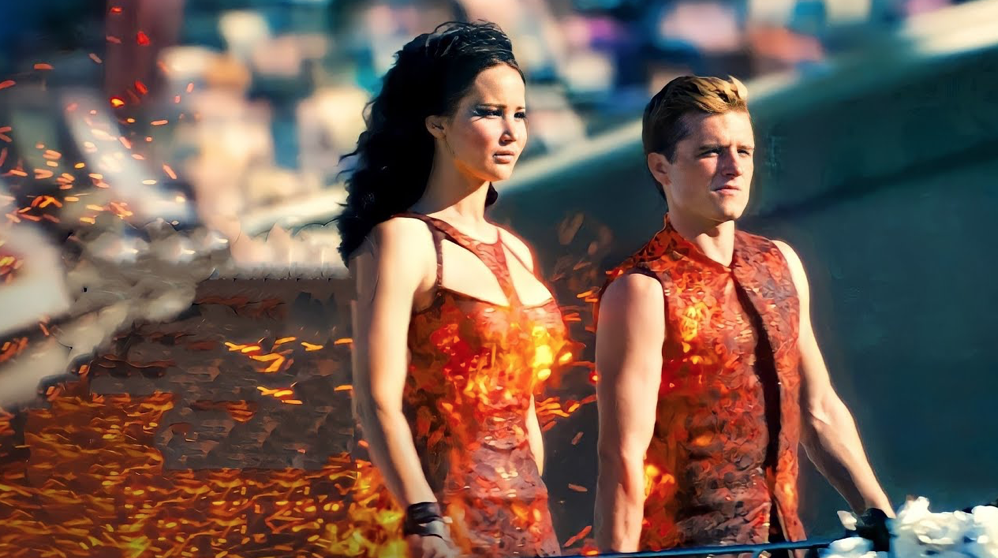The Hunger Games Renaissance
Image Courtesy: NPR
When I sat down in that theatre at just nine years old to watch The Hunger Games for the first time, I could never have imagined that over a decade later, at 20 years old, I would still be as enchanted by the series as I was that very first time. And I’m not the only one.
When The Hunger Games came out in 2012, the entire world was captivated by the thrilling story of survival and rebellion. The series reigned supreme among YA dystopian movies at the time and its impact on pop culture was unmatched. Now, over a decade later, Suzanne Collins’ epic trilogy has stood the test of time and continues to inspire a whole new generation.
Image Courtesy: MaxBlizz
If you’ve been on Tik Tok recently, you may have noticed a surge in Hunger Games-related videos on your For You page. It all started with one or two videos about Katniss and Peeta, and before I knew it, I was transported back to 2012, rereading and rewatching the series. Some argue that this random resurgence in the popularity of the trilogy is not a mere coincidence with the upcoming release of the prequel movie The Ballad of Songbirds and Snakes. Others speculate that the renewed interest is a calculated marketing tactic to generate excitement about the newest addition to the franchise. The addition of all three films to Netflix has also added to the series’ newfound love.
Image Courtesy: Time
But The Hunger Games’ return to pop culture cannot be fully explained by a marketing ploy; many people are noticing how the recent political climate mirrors many aspects of the films. The whole premise of the Games is that the Capitol (the rich people of Panem), indulge in and enjoy the horrific acts performed by the lower class, which directly parallels the ignorance of our real-life politicians and billionaires.
The irony of it all is that while we are repulsed by the Capitol’s perverse obsession with the Games, we are also entranced by the very same movies that portray them. We condemn the Capitol’s thirst for violence, yet eagerly observe the violence and dramas depicted in the movies. The franchise’s awareness of this attraction has driven them to add another film to the series, acknowledging that audiences are captivated by the brutal nature of these movies, just like the Capitol’s fascination with the Hunger Games.
Image Courtesy: Gamers Decide
When it comes to the series’ main character, Katniss Everdeen, her love triangle with fellow District 12 Games partner, Peeta Mellark, and long-time childhood friend, Gale Hawthorne, certainly adds a juicy layer of drama. What really makes Katniss stand out from other YA main characters is her relatability. Author Suzanne Collins reiterates that Katniss isn’t some “chosen one” with magical powers or destined to save the world– she is merely a young girl driven by the power to protect her sister and survive under brutal circumstances. By chance, she becomes the crowning jewel of the Capitol and the face of the rebellion. People can relate to the “girl on fire” as she is just as flawed as she is resilient, which makes her someone who’s impossible not to root for.
Strike Out,
Writer: Isabella Santiago
Editor: Racquel Gluckstern
Tallahassee




